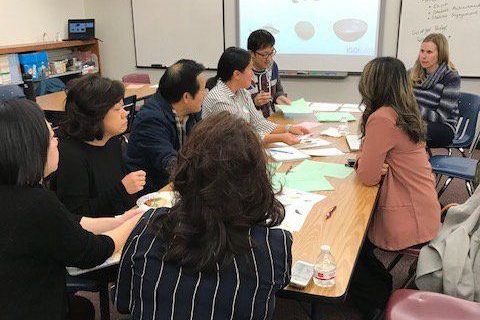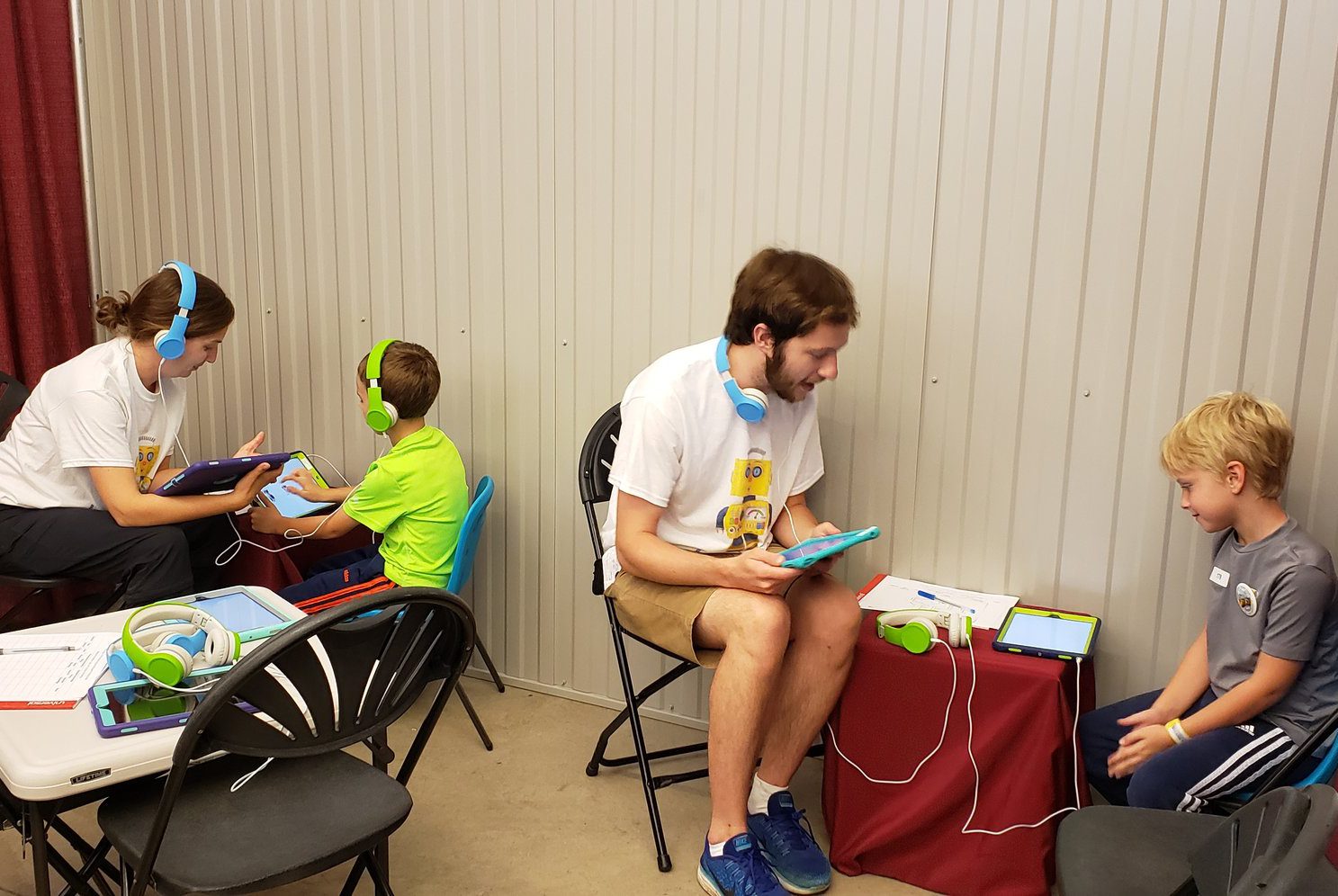
CASA
This project will develop a computer-adaptive language and early literacy storybook assessment for preschoolers who have limited language skills, delays or disorders, or are at risk for limited language development in English and Spanish using a highly engaging, game-based application. Using stealth assessment and rigorous psychometrics, we will provide teachers with actionable information for intervention.
It will take about 15 minutes to administer. All items will be scaled for use in a computer adaptive testing engine, so that for each scene in the story, children interact with different items based on their current ability level.
Study design
This project will use a variety of measurement analyses to calibrate and scale the CASA items. Methods include Rasch modeling for item calibration, with a testlet design for items within scenes of the story, confirmatory factor analysis to confirm unitary construct representation, Pearson’s r to correlate CASA scores with criterion measures, and HLM to model growth.

Focus Groups
We will recruit 20 teacher at each design phase for ongoing feedback and review of feasibility and utility of measures.

Student Assessment
A total of 800 preschool children will participate in item testing, calibration and standard setting to develop measures.
Products
At the end of this project, we expect CASA to be a fully functional app that includes two story forms each with two versions (one English, one Spanish). The app will feature CAT engine implementation, robust estimates of child skill level using Rasch item statistics, and resulting scores screen and graphs for teachers to interact with to inform instructional decisions.
People
Alisha Wackerle-Hollman, principal investigator
Lillian Durán, co-principal investigator
